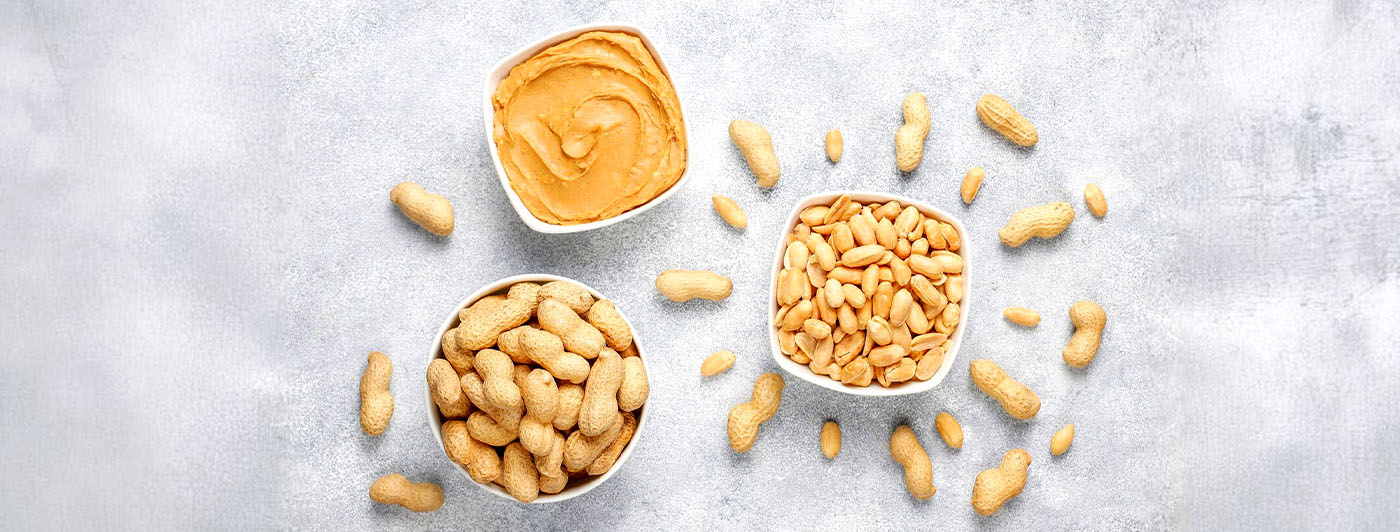When it comes to running, most athletes focus on endurance, speed, and stamina. But did you know that neglecting your protein intake could be silently sabotaging your performance? Whether you're a sprinter pushing for explosive power, a marathoner striving for endurance, or a trail runner tackling rugged terrain, your muscles endure constant wear and tear. Without enough protein for runners, you risk sluggish recovery, weakened performance, and even injuries. So, how much protein do runners really need? And what are the best sources to fuel your training? Let’s dive deep into the science of protein for runners and uncover the key to unlocking peak performance!
Why is Protein Important for Runners?
Running exerts tremendous stress on the muscles, leading to microtears that require repair and recovery. Protein for runners plays a critical role in:
-
Muscle Repair and Recovery – After intense workouts, protein helps rebuild muscle fibers, making them stronger.
-
Energy Metabolism – Protein acts as a secondary energy source when glycogen stores are depleted.
-
Injury Prevention – Adequate protein intake reduces the risk of overuse injuries, common among runners.
-
Immune Function – Running, especially long-distance, can suppress the immune system, but protein supports immune health.
How Much Protein Do Runners Need?
Protein requirements vary based on the type of running you do and your training intensity. The general guidelines for protein for runners are:

-
Recreational Runners (light jogging, short runs): 1.0 – 1.2 g/kg body weight
-
Endurance Runners (half-marathon, marathon training): 1.2 – 1.6 g/kg body weight
-
Sprinters and Strength-focused Runners: 1.6 – 2.0 g/kg body weight
-
Ultra-runners and High-mileage Athletes: Up to 2.2 g/kg body weight
For example, a 70 kg endurance runner would require 84–112g of protein per day to sustain muscle recovery and overall performance.
Best Sources of Protein for Runners
A well-balanced diet including a mix of plant-based and animal-based protein is ideal. Some of the top 10 protein foods runners should include in their meals are:
-
Lentils – A great plant-based protein source packed with iron.
-
Quinoa – Contains all essential amino acids, making it a complete protein.
-
Eggs – Rich in high-quality protein and essential nutrients.
-
Greek Yogurt – Provides protein along with probiotics for gut health.
-
Tofu and Tempeh – Excellent sources of plant-based protein.
-
Salmon – High in omega-3s and protein for muscle recovery.
-
Lean Chicken or Turkey – Low-fat, high-protein options.
-
Nuts and Seeds – Almonds, chia seeds, and hemp seeds are great protein boosters.
-
Cottage Cheese – Rich in casein, a slow-digesting protein perfect for overnight recovery.
-
Protein Powders – A convenient way to meet daily protein requirements.
Can Runners Benefit from Protein Powders?
While whole foods should be the primary source of protein, some runners struggle to meet their protein needs through diet alone. In such cases, protein powder for muscle gain can be a valuable addition, helping with faster recovery and muscle maintenance. However, runners should choose high-quality protein sources that are easily digestible.
For female runners focusing on weight management, protein powder for women weight loss can support fat loss while preserving muscle mass, ensuring sustained energy levels for long runs.
Plant-Based Protein for Runners
Many runners prefer plant-based diets for better digestion, reduced inflammation, and overall health benefits.Some excellent protein rich fruits that can contribute to protein intake include:
-
Guava – One of the highest-protein fruits.
-
Avocado – Contains both protein and healthy fats.
-
Blackberries – Provide a mix of protein and antioxidants.
-
Kiwi – Rich in protein and Vitamin C.
For a complete plant-based protein option, Plantigo Plant based protein powder can be an excellent supplement to ensure runners get adequate amino acids without relying on dairy-based protein powders.
The Role of Vitamin B12 in a Runner’s Diet
Runners on a plant-based diet should be mindful of B12 rich foods, as Vitamin B12 is essential for red blood cell production and oxygen transport. Some good sources include:
-
Fortified cereals and plant-based milk
-
Nutritional yeast
-
Eggs and dairy (for vegetarians)
-
Mushrooms and seaweed (limited B12 content)
Supplementing with a high-quality B12 source can prevent fatigue and keep endurance levels high.
The Best Pre-Workout Meal for Runners
A well-balanced pre workout meal for muscle gain should include a combination of carbohydrates, protein, and healthy fats. Some good pre-run meals include:
-
Oatmeal with nuts and berries
-
Whole-grain toast with almond butter and banana
-
A smoothie with Plantigo Plant-based protein powder, spinach, and berries
-
A quinoa and tofu stir-fry
Timing is also crucial. Ideally, a meal should be consumed 1.5 to 2 hours before a run, while a small protein snack can be taken 30 minutes before running for an energy boost.
When Should Runners Consume Protein?
For optimal muscle recovery and performance, runners should distribute their protein intake throughout the day:
-
Morning – Start the day with a protein-rich breakfast to prevent muscle breakdown.
-
Pre-Run – A small amount of protein with carbs for sustained energy.
-
Post-Run Recovery – A high-protein meal or shake within 30–60 minutes post-run enhances muscle repair.
-
Evening – A slow-digesting protein like cottage cheese or casein before bed supports overnight muscle recovery.
Final Thoughts
Understanding how much protein for runners is required can make a significant difference in performance, endurance, and overall well-being. Whether you're an elite marathoner or a casual jogger, prioritizing protein for runners ensures faster muscle recovery, reduces injury risk, and enhances running efficiency—all essential for achieving your personal best.
To fuel your runs effectively, focus on a balanced diet that includes top 10 protein foods, B12 rich foods, and a well-planned pre-workout meal for muscle gain. Choosing the right nutrition can keep you strong, energized, and ready to conquer every mile with confidence.
Ready to optimize your performance with the right protein intake? Explore our expert-recommended nutrition plans and take your running to the next level!












